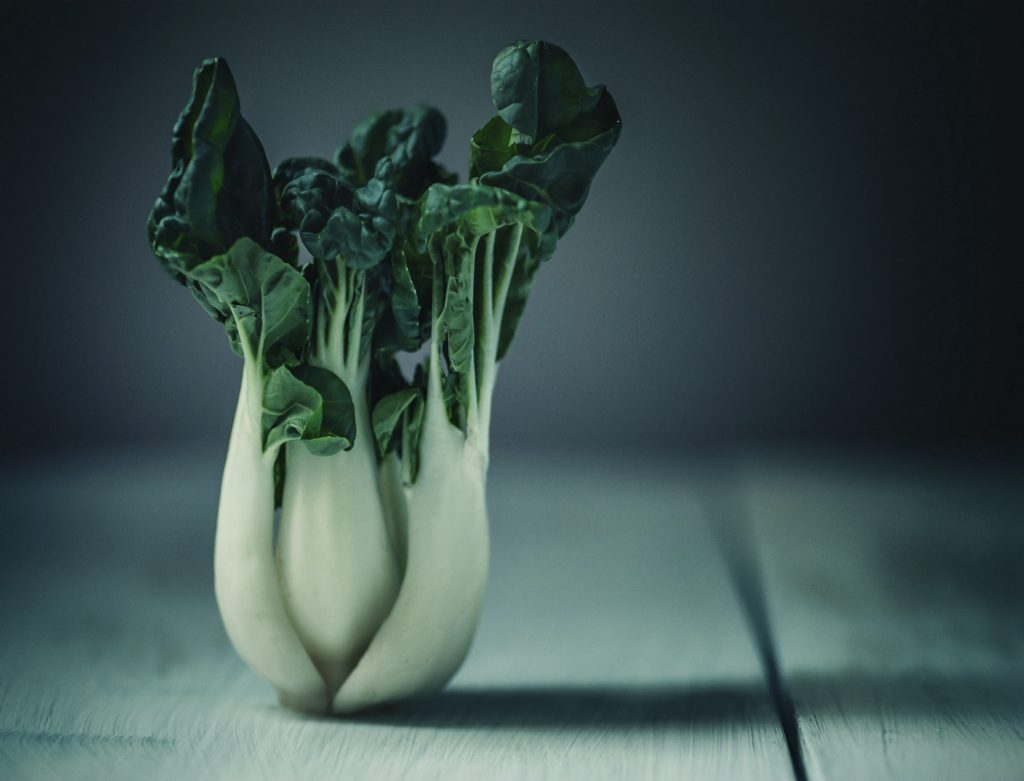We all know veggies are an integral part of a healthy diet. And for many people transitioning to a healthier diet, the first step is adding more veggies into meals and snacks. Which is smart!
Vegetables are a great source of certain key nutrients, and depending on the vegetable, include …
-
Vitamin C
-
Vitamin E
-
Thiamine (Vitamin B1)
-
Pantothenic acid (Vitamin B5)
-
Pyridoxine (Vitamin B6)
-
Folic acid (Vitamin B9)
-
Inositol (Vitamin B8)
-
Iodine
-
Calcium
-
Magnesium
-
Manganese
-
Molybdenum
-
Potassium
-
Sodium
-
Choline
However, for those with gut issues, incorporating veggies might require a bit more nuance and preparation. Certain vegetables, specifically vegetables high in insoluble fiber can be especially hard on the gut, as they can be hard for the gut to break down and digest. And it’s not just veggies themselves that affects our gut, but also the way in which we prepare them.
First, a quick background on fiber and its benefits.
Fiber is a type of carbohydrate that is found in fruits, vegetables, nuts, and seeds. The body can’t break down fiber, but it still plays a vital role in the body, adding bulk to stool so it can pass through the digestive track. It also feeds the “good” bacteria in the gut.
There are also numerous health benefits associated with sufficient fiber intake. Fiber regulates…
-
Blood sugar
-
Cholesterol levels
-
Digestion
-
Immune system
-
Body weight
-
Metabolism

